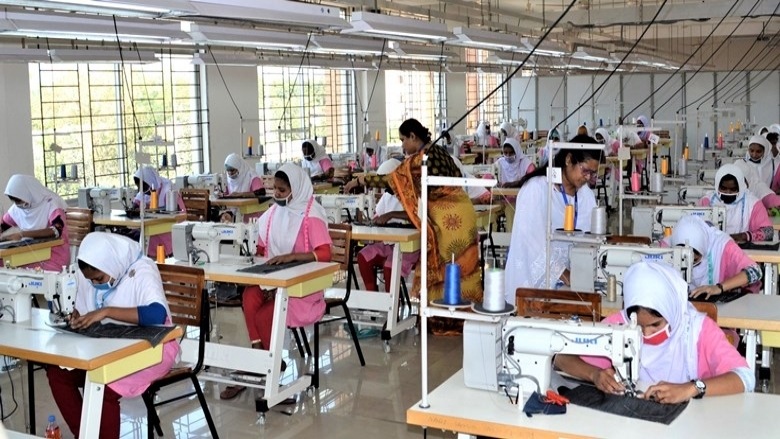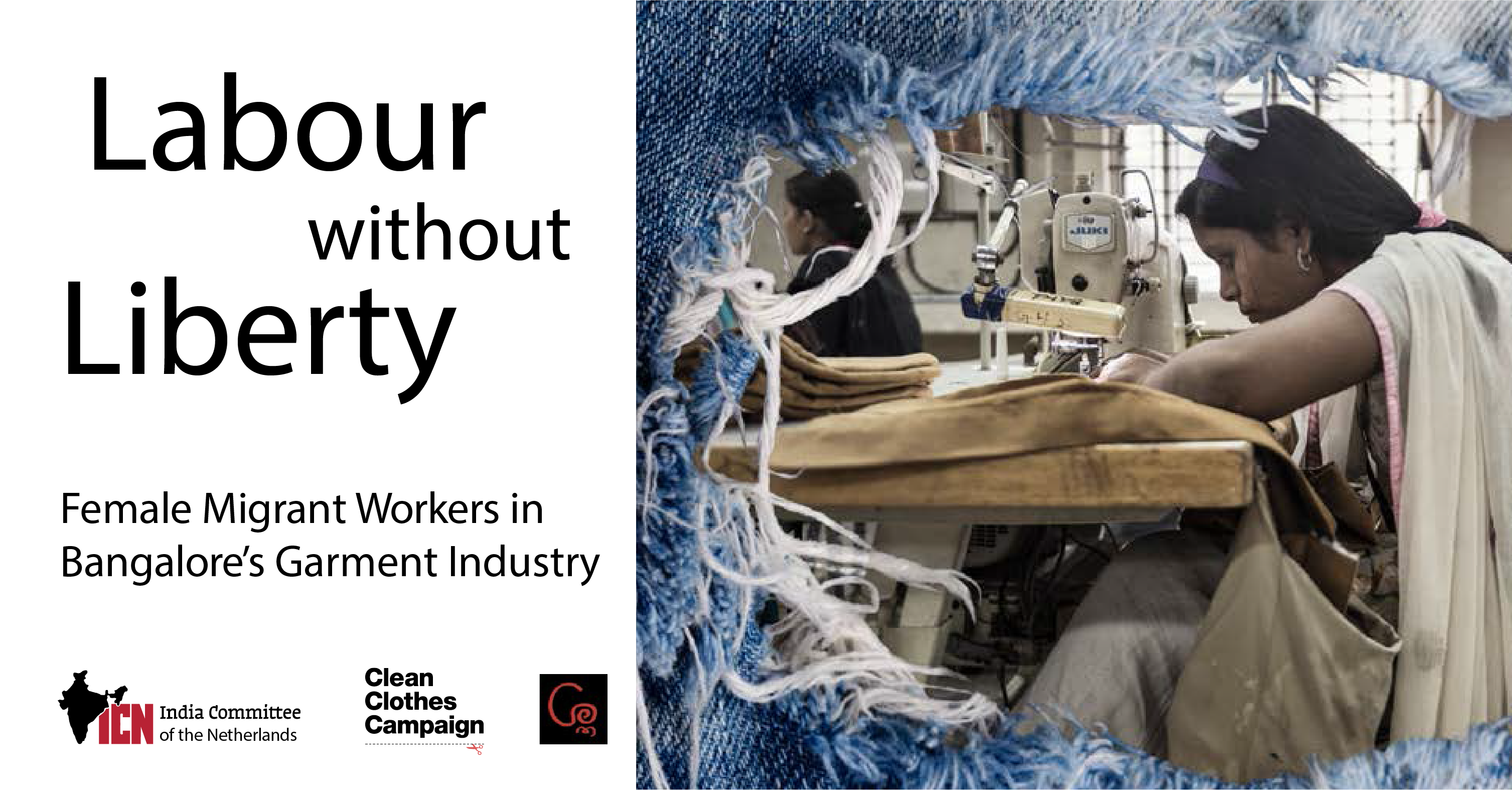Published in the ILO website
Young people today face a difficult process in seeking to enter the world of work. The global recession has left its mark and, after falling for some years, youth unemploy‑ ment rates are once again on the increase (ILO, 2016a); ILO estimates suggest that the global youth (age 15–24) unemployment rate was 12.8 per cent in 2016 (slightly up from 12.7 per cent in 2015). Similarly, the number of unemployed young people increased slightly between 2015 and 2016 from 69.4 to 69.6 million. Owing largely to the falling size of the youth cohort, this is down from the peak of 76.5 million in 2009, but nevertheless the current youth unemployment rate remains significantly above its pre-recession level of 12.0 per cent in 2007.Unemployment, moreover, is only the tip of the iceberg; the quality of employ‑
Unemployment, moreover, is only the tip of the iceberg; the quality of employ‑ ment available to young people is increasingly an issue for concern. In low- and mid‑ dle-income countries (LMICs) vulnerable and/or informal types of employment have come to dominate young people’s labour market experiences, while in higherincome countries (HICs) temporary and other non-standard forms of employment are increasingly becoming the norm. In this context, the problem of how best to promote young people’s entry into decent work is becoming ever more pressing and also more complex. Moreover, the specific challenges posed in promoting decent work for young people vary widely across national and regional contexts as well as across the different characteristics of young people themselves. This volume looks at some specific issues concerning the promotion of decent work among young people as they enter, and once they have entered, the labour market. The book is aimed at all those interested in the design and implementation of effective policies to promote decent work for young people. In addition to review‑ ing the existing evidence, the book also contains original analysis, and in the course of presenting this it has been necessary to include some technical detail. However, the book’s contents overall are designed to be accessible to all those familiar with the issues related to youth employment policy, and are expected to be of interest inter alia to policy-makers, officials in ministries of labour and employment services, and also to ILO officials charged with providing support to constituents on youth.
 CPD RMG Study Stitching a better future for Bangladesh
CPD RMG Study Stitching a better future for Bangladesh




